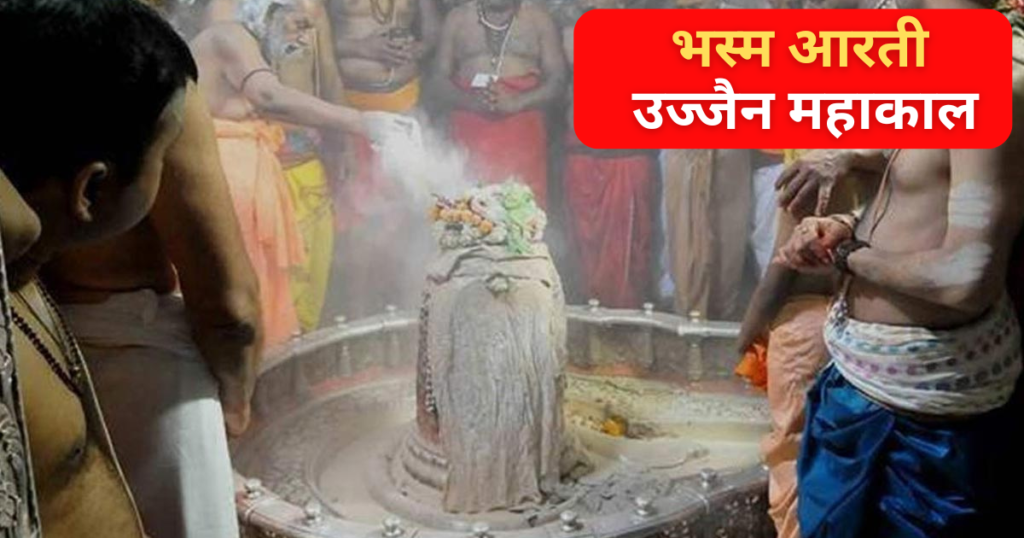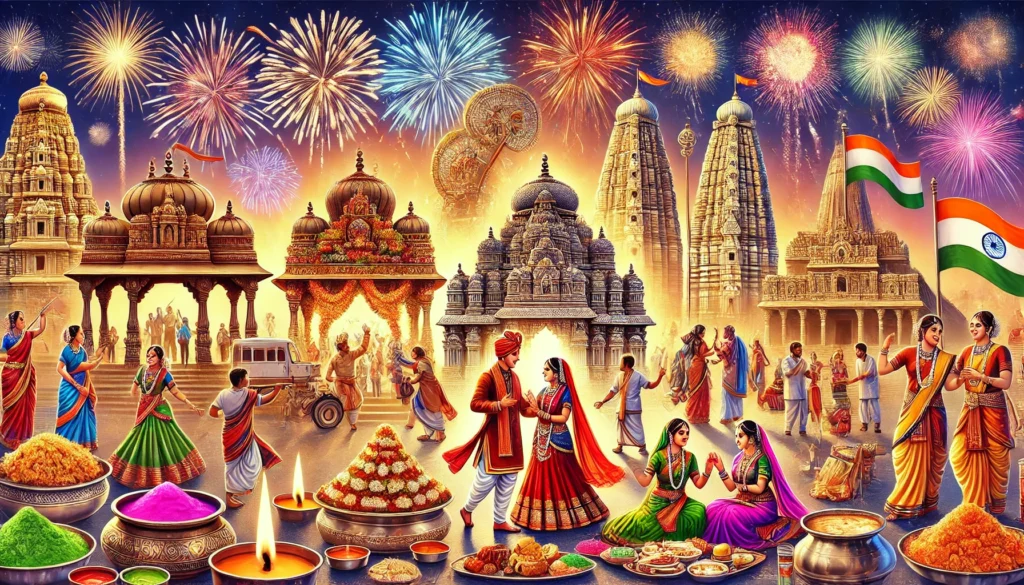Traditional Indian Wedding: Discover the vibrant traditions of Indian weddings, from colorful rituals to sacred vows. Explore the essence of love, culture, and celebration.
A Celebration of Love and Culture
Traditional Indian Wedding: A wedding in India is not just a coming together of two people; it’s an entire family-oriented celebration of culture, love, and relations. India is known for its emotional ceremonies, fabulous colors, and intricate rituals, which stem from its culture and spirituality. There’s so much to embrace about these weddings that last for days and create everlasting memories.
What Makes Indian Weddings Special?
Among the many Indian weddings, each is known for its extravagant exuberance having national symbols. Let’s take a look at some of the features that are guaranteed to make these weddings worthwhile.
- Extended Celebration: Most weddings in India are elaborate and last several days, with pre-wedding ceremonies such as Mehendi (the henna ceremony) and Sangeet (the musical evening) included as well.
- Family Oriented: Both families must be present during the celebrations to foster a sense of togetherness.
- Spiritually Meaningful Rituals: There is a lot of chanting of Vedic mantras and sacred fire offering (Agni) which means every ritual has great spiritual importance. It reflects the Indian culture’s respect for traditions.
Key Rituals in a Traditional Indian Wedding
Pre-Wedding Ceremonies
- Roka (Engagement)– In this pre-wedding ritual, both families formally come to an agreement regarding the marriage which usually includes the family blessing it along with the bestowing of gifts.
- Haldi Ceremony: One or two days before the wedding the groom and bride are given a facial made of sanders, turmeric and herbal paste. The couple is believed to undergo mental purification and skin beautification.
- Mehndi Ceremony: During this ceremony, the bride’s feet and arms are coated in henna which is representative of beauty, delight and new beginnings beyond the skin. A deeper color of henna showcases the affection the mother in law has for the couple.
- Sangeet: It is an occasion for familial unity or closeness between two separate families. Both families participate in dancing and singing ceremonies together.
Wedding Day Rituals
- Baraat (Groom’s Procession): The groom arrives at the wedding venue with a lively procession of family and friends, often accompanied by music and dancing. This jubilant parade signifies the joy and excitement of the occasion.
- Varmala (Garland Exchange): Upon arrival, the bride and groom exchange floral garlands, symbolizing mutual acceptance and the beginning of their marital journey.
- Kanyadaan: In this poignant ritual, the bride’s father places his daughter’s hand into the groom’s, entrusting her to his care. This act signifies the father’s consent and blessings for the union.
- Saptapadi (Seven Steps): The couple takes seven steps around a sacred fire, each step representing a vow they make to each other, encompassing aspects like nourishment, strength, prosperity, happiness, progeny, long life, and harmony. This is a pivotal moment, solidifying their marital bond.
- Sindoor and Mangalsutra: The groom applies sindoor (vermilion powder) to the bride’s hair parting and ties the mangalsutra (a sacred necklace) around her neck, symbolizing her new status as a married woman.
Post-Wedding Traditions
Vidaai (Farewell): The bride bids an emotional farewell to her family, symbolizing her transition from her paternal home to her husband’s household. This poignant moment is filled with blessings and well-wishes.
Grihapravesh (Homecoming): Upon arrival at the groom’s home, the bride is welcomed with rituals that signify her entry into a new phase of life. She is often asked to tip over a vessel filled with rice, symbolizing prosperity and the ushering in of abundance.
Reception: A celebratory event where the newlyweds are introduced to extended family and friends. It’s an occasion filled with feasting, music, and dance, marking the beginning of their public life together.
Top 3 Reasons Why Indian Weddings Are Unforgettable
- Vibrant Decor: From marigold garlands to shimmering lights, every element adds to the festive ambiance.
- Delicious Cuisine: Guests indulge in an array of traditional dishes like biryani, sweets, and regional specialties.
- Music & Dance: The Sangeet night features lively performances that bring families together in celebration.
Modern Trends in Traditional Indian Wedding
Even while retaining their base traditions, modern Indian weddings have started incorporating new elements stems from:
- Exotic Locations: Gorgeous places, such as Jaipur or Goa are very popular choices for hosting grand weddings and celebrations.
- Fusion Themes: Incorporating rituals with Western customs such as cocktail parties.
- Eco-Conscious Weddings: Imposing environmentally sustainable practices such as minimal waste decor.
Conclusion: A Timeless Celebration Traditional Indian Wedding
In its true essence an Indian Wedding is an experience for the couples to come together and merge their diverse families and cultures. The functionality of these unique customs makes sure these weddings are memorable for everyone present.
Get yourself enveloped in this breathtaking blend of traditions, whether you are planning to attend one, or are currently forming one yourself! It is simply astounding!





